Date: 15 September 2005
While interaction between liquids and tags is one important issue, British Glass technical manager Peter Grayhurst is concerned that small silicon fragments from tags getting into recyclate could prove an even bigger headache.
"About three years ago British Glass looked at how to deal with quite large electronic article surveillance (EAS) tags still attached to bottles awaiting recycling, doing similar work with early RFID tags," he says.
"We discovered small pieces of silicon can form minute balls in some bottles made from recyclate because silicon does not melt and mix with the glass in the furnace. These can then form weak points since the silicon expands and contracts at a different rate to glass. Effective detection and removal is thus vital.
British Glass's research indicated the then current tags would be hard to remove during processing. The glass body has subsequently formed a discussion group with the Scottish Whisky Association looking at both security and RFID tags and is also working with the Packaging Federation.
Grayhurst says one solution with EAS tags is to apply removable units in store, detached at the till. However, this may not work with RFID, since to achieve key supply chain benefits like track and trace, particularly in the case of recalls, the tags must remain on the bottle.
"Many of our tests were admittedly with earlier tags but there remains a potentially serious issue to overcome."

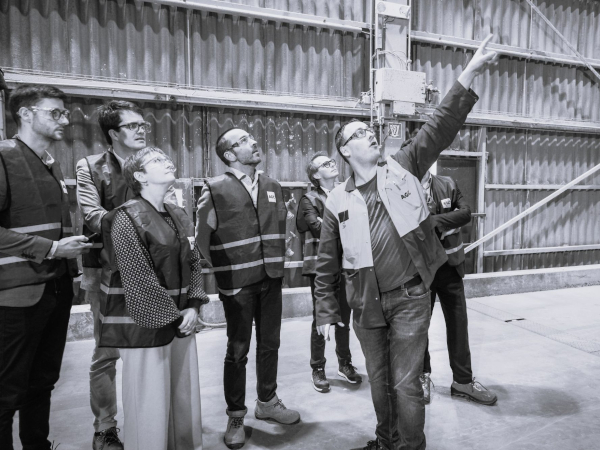
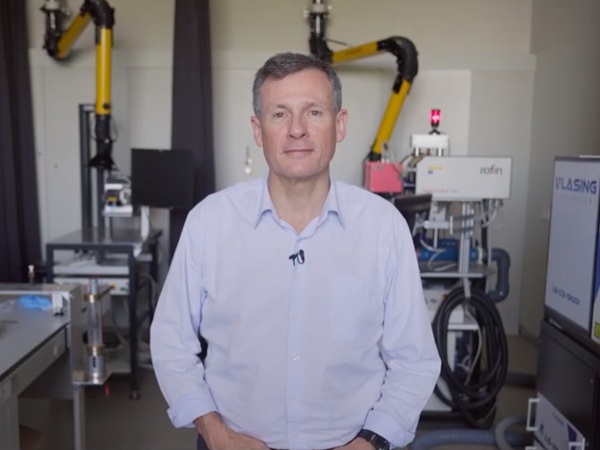

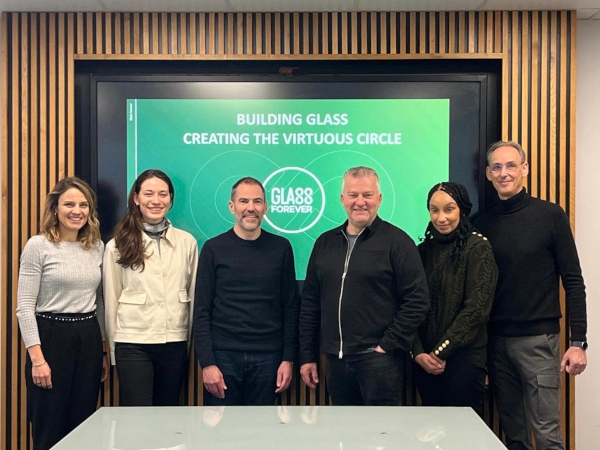
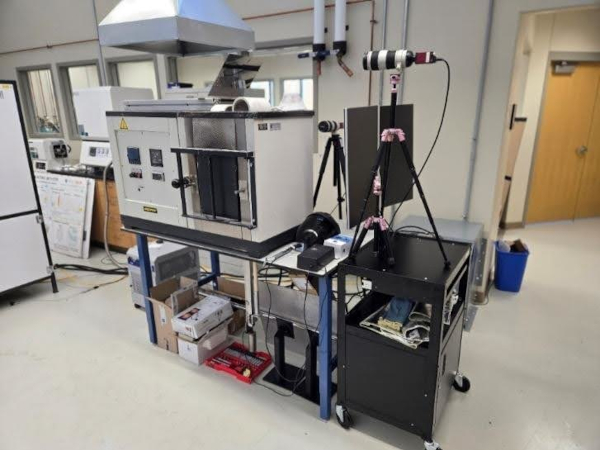
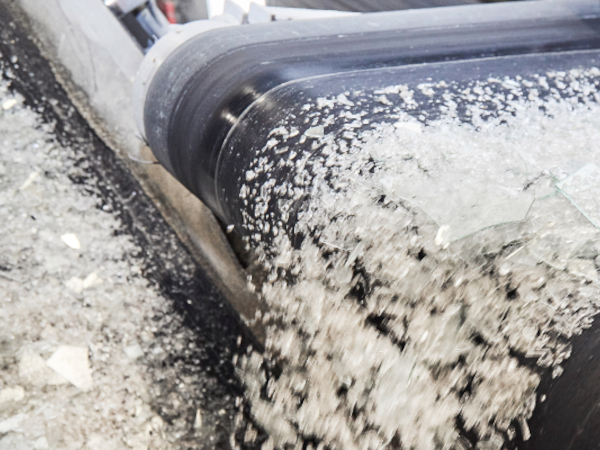
Add new comment